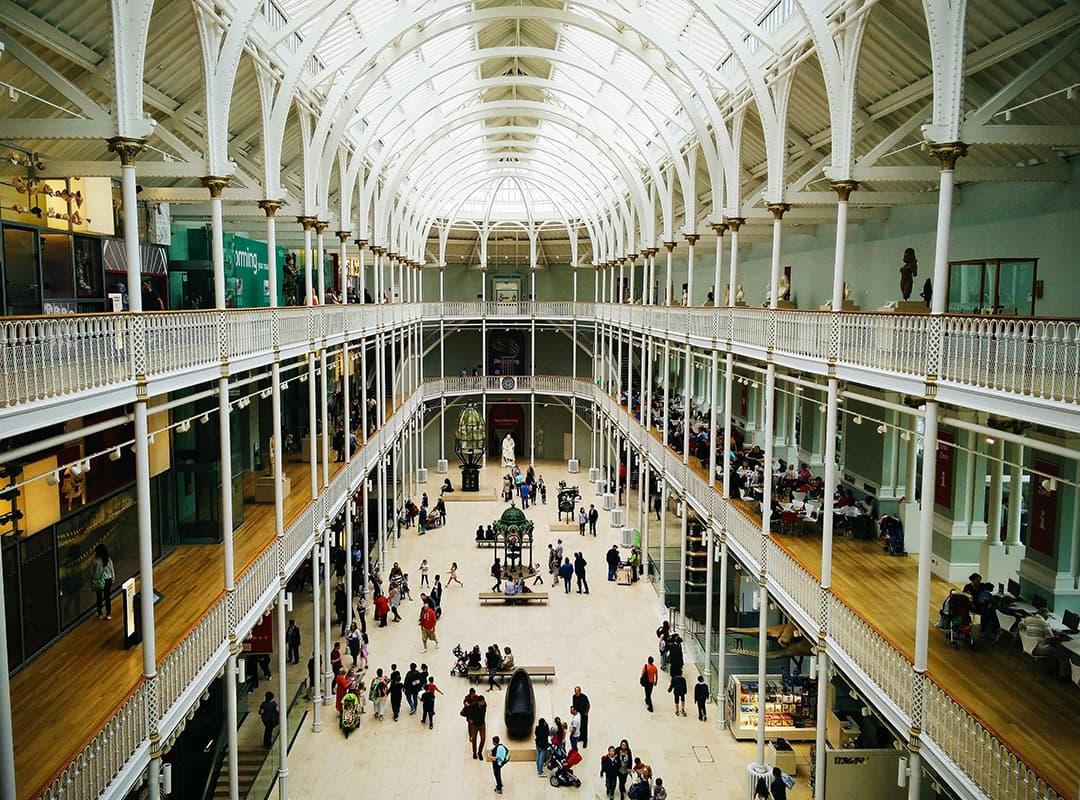Cultural tourism opens up new opportunities for incentive programs, adding depth and diversity to traditional motivational travel. Not only does it help to increase employee motivation and satisfaction, but it also contributes to the development of their cross-cultural competence, enriching their personal and professional experience. Let’s take a closer look at how cultural tourism can affect incentive programs and why it is becoming increasingly popular among companies seeking to maximize the effectiveness of their motivational activities.
What is cultural tourism?
Cultural tourism includes visits to places and events that have cultural, historical, or artistic significance. This can include participation in festivals, excursions to museums and historical sites, learning about local traditions and customs, as well as interactive activities such as culinary master classes or art workshops.
Benefits of cultural tourism for incentive programs
- Cultural tourism allows employees to immerse themselves in new cultures, which broadens their horizons and promotes openness to new ideas and experiences. It enriches their lives and makes their travels more memorable.
- Unique cultural experiences create strong emotional memories that can significantly increase employee motivation. They feel more valued and inspired, which affects their productivity and commitment to the company.
- Learning about new cultural aspects together and participating in group activities helps to strengthen team spirit and improve cooperation. This helps to create a more cohesive and effective team.
- Learning about other cultures contributes to the development of cross-cultural competencies, which is important in a globalized world. Employees become more flexible, tolerant, and able to work in international teams.
Examples of cultural tourism integration into incentive programs
Festival trips
Organizing trips to famous cultural festivals, such as the Venice Carnival, Oktoberfest in Germany, or the Flower Festival in the Netherlands. Participation in such events creates vivid impressions and unforgettable moments for employees.
Historical excursions
Visiting historical sites and monuments, such as the Giza Pyramids in Egypt, the Great Wall of China, or the Parthenon in Greece, allows employees to immerse themselves in the richness of world history and culture.
Local traditions and master classes
Organizing cooking classes where employees can learn how to prepare traditional dishes or art workshops where they can try their hand at creating local crafts. This adds interactivity and practical value to trips.
Cultural tourism has a significant impact on incentive programs, enriching their content and increasing their effectiveness. It helps to develop cross-cultural skills, strengthen team spirit and increase employee motivation. The integration of cultural tourism into incentive programs helps companies create unforgettable experiences and effective motivational activities that bring long-term positive results.
Companies that actively incorporate cultural tourism elements into their incentive programs can expect not only to increase productivity and employee satisfaction, but also to strengthen their position in the market as an employer that values the development and well-being of their employees.



